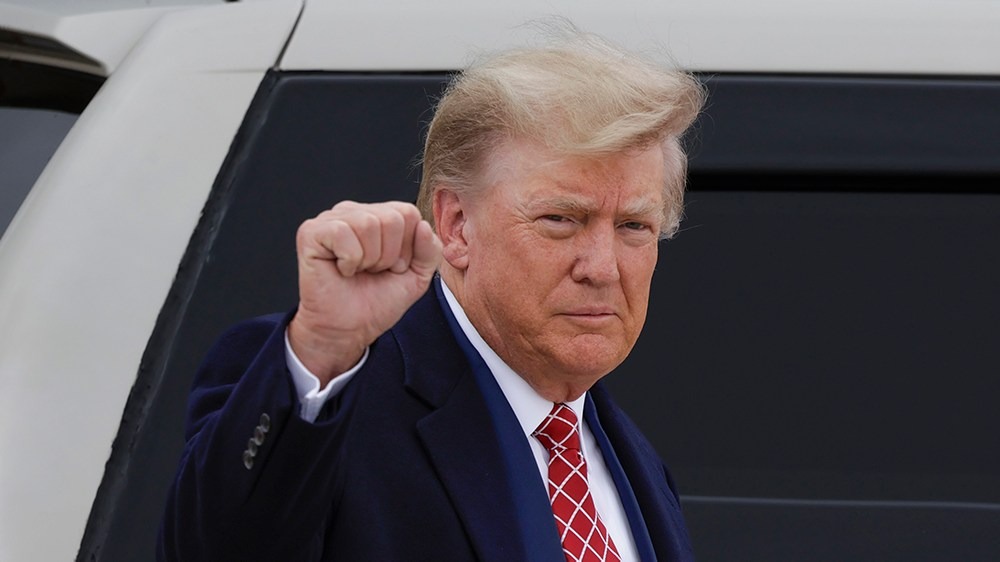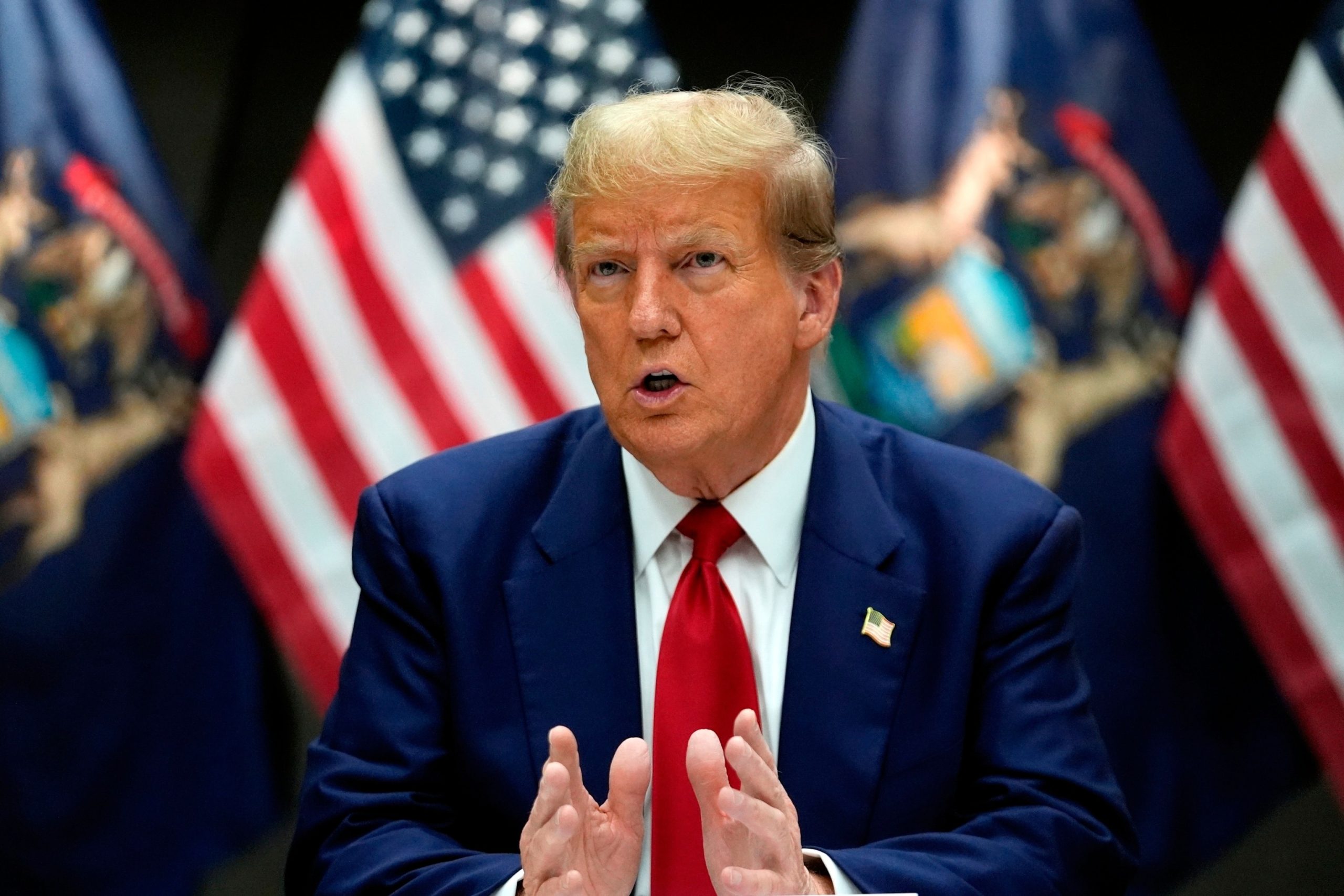Defining bias in a juror can be done by asking if they have a personal motivation to convict or acquit the defendant. Jurors with an actual interest in the outcome are legally required to be struck from the jury pool.
This is a low bar, as any personal interest disqualifies them. Given this, it’s impossible for Donald Trump to get a fair jury, especially with the presidential election looming. It’s unrealistic to expect any American citizen called as a prospective juror to be unbiased when it comes to Trump, the leading candidate.
The outcome of the trial will directly affect Trump’s electoral chances, and Democrats’ claims that the prosecution is not politically motivated are disingenuous. The case, which has been repeatedly passed over by various authorities, has little to do with enforcing the law.

Judge Juan Merchan’s memorandum outlining 42 questions for prospective jurors attempted to limit inquiry into political preferences, but prohibited the most relevant question: who do you want as the next president?
This question has only three meaningful answers: Trump, Biden, or “I don’t care.” Each answer presents an inextricable bias that cannot be overridden by promises of fairness.
Seating only those who don’t care would result in an unconstitutional jury, disenfranchising those who do care about national politics. Those with a preference are, by definition, biased, as they have a direct interest in the outcome.

We are in a logical conundrum, as all prospective jurors are American citizens with an opinion on the country’s direction. Their lives will be affected by the next presidential election, yet we expect them to set aside their concerns and determine Trump’s guilt or innocence impartially.
Holding this trial during the lead-up to the presidential election is, by definition, election interference. The outcome will affect the election, and the jurors have an interest in the outcome, whether they admit it or not, that is unconnected to the evidence presented in court.


